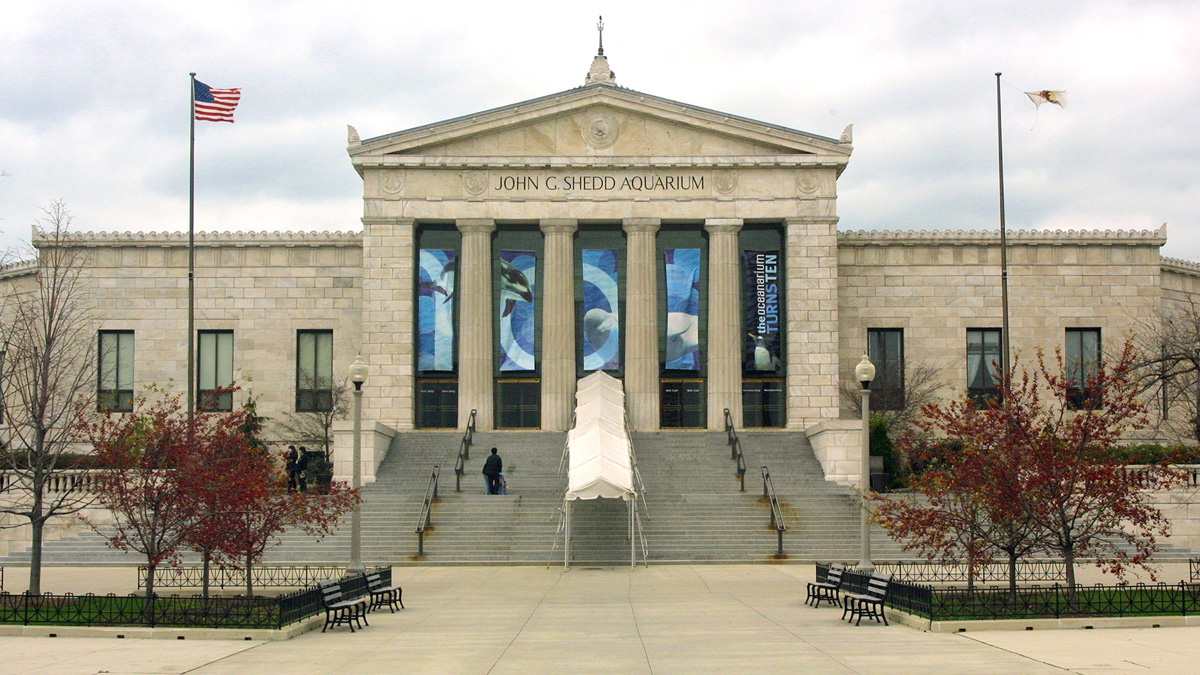Weeks after New York state reported the nation's first polio case in more than a decade, health authorities in New York City have confirmed the presence of the virus in wastewater, suggesting the disease is spreading among the unvaccinated.
The virus' presence indicates likely local circulation, health officials said, urging parents to get their children vaccinated as soon as possible. The announcement about the discovery in wastewater follows a confirmed case in Rockland County, New York, and a similar situation in London, where poliovirus was also found in sewage.
With wastewater samples testing positive in two major cities, should Chicago be worried?
Polio isn't a concern locally, the city's top doctor said earlier this month.
Feeling out of the loop? We'll catch you up on the Chicago news you need to know. Sign up for the weekly Chicago Catch-Up newsletter here.
“From a public health standpoint, this is a disease that we’ve not had to worry about, but we’ve not detected issues with it," explained Dr. Allison Arwady, commissioner of the Chicago Department of Public Health.
While Arwady acknowledged polio was detected in wastewater in the United Kingdom, she said no such threat exists in Chicago.
However, she emphasized staying up-to-date on vaccines is key.
Local
“I do have concerns about people not being up to date with vaccines," the doctor said. "The reason that I want to make sure that everybody’s up to date with all of their traditional vaccines is that we don’t want these diseases of the past coming back again."
Centers for Disease Control and Prevention officials said the virus identified in wastewater samples collected in New York City did not contain enough genetic material to determine if they were linked to the Rockland County patient.
Most people infected with polio have no symptoms but can still give the virus to others for days or weeks. Vaccination offers strong protection, and authorities urged people who haven’t gotten the shots to seek one immediately.
Based on past outbreaks, it is possible that hundreds of people in New York have gotten polio and don’t know it, officials said.
Polio was once one of the nation’s most feared diseases, with annual outbreaks causing thousands of cases of paralysis. The disease mostly affects children.
Vaccines became available starting in 1955, and a national vaccination campaign cut the annual number of U.S. cases to less than 100 in the 1960s and fewer than 10 in the 1970s, according to the CDC.
A small percentage of people who contract polio suffer paralysis. The disease is fatal for 5-10% of those paralyzed.
All schoolchildren in New York are required to have a polio vaccine, but Rockland and Orange counties are known as areas of vaccine resistance.
While health officials across the board are urging the unvaccinated to get the shots immediately, Dr. William Schaffner, an infectious disease expert at Vanderbilt University, said there is currently no evidence that a booster campaign such as London’s is needed in New York City or elsewhere in the U.S.
“Polio vaccine, given in infancy, should have rather long-term protection,” he said.



